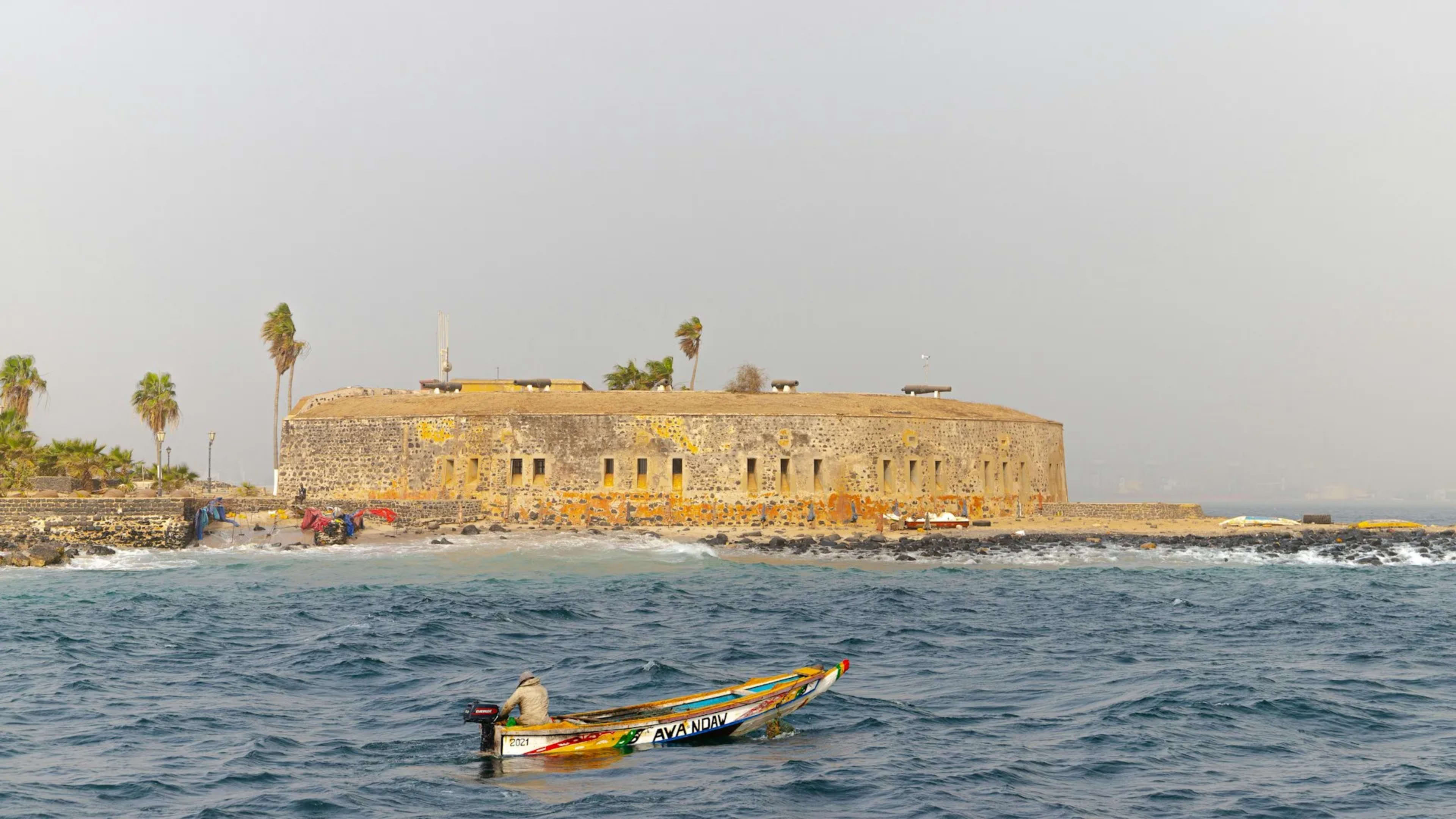Location & Transportation
The ships dock at Mole I Port de Dakar, and you'll find that the city center is less than a mile away. Taxis are usually available right outside the port, but make sure to agree on the fare with the driver before you set off. The ride is typically short and affordable; however, be aware that sometimes drivers may try to adjust the price when you arrive at your destination. Also, it’s wise to stay alert in crowded areas as pickpockets can be active.
Sightseeing
Dakar bursts with color and life. As you explore, you can:
- Stroll along broad, tree-lined avenues and enjoy the blend of contemporary and colonial architecture.
- Wander through bustling open-air markets where you'll see everything from fine paintings and sculptures to handmade crafts and vibrant clothing.
- Admire landmarks like Independence Square, which is full of history and a great spot to people-watch.
- Enjoy the seaside views at the corniche and take in the atmosphere of the city’s cafes and boutiques.
A notable landmark is the 5★ Pullman Hotel tucked into a corner of Independence Square, offering excellent views of the sea, the Presidents Palace, and nearby beaches.
Tours & Excursions
Given the lively nature of Dakar and the need to be cautious, you might consider joining an organized tour. Some highlights include:
- An excursion to Gorée Island, home to the historic House of Slaves. This compelling site offers a deep dive into the region’s past and is accessible by a short ferry ride. Plan for about 3 hours for the round-trip.
- Guided taxi tours that help navigate the best local markets and cultural neighborhoods while ensuring your safety.
- Walking tours that showcase Dakar’s dynamic street art, galleries, and colonial landmarks.
It‘s a good idea to compare shore excursion costs between what your cruise line offers and options like Viator and GetYourGuide. They often provide lower prices and include customer reviews and ratings to help you choose the best option. They may also offer more more flexible cancellation or rescheduling policies than those available through your cruise line. However, while booking independently might give you more variety and potentially better rates, be mindful of your schedule - cruise line excursions are typically coordinated to match your ship‘s schedule with guaranteed pick-up and drop-off times.
There is also a great resource for finding local guides at Tours by Locals. Tours by Locals connects you with local guides who can help you plan a private personal tour, guide you, and get you back to your ship on time. You can also check out Rome2Rio for local transportation options. It is a great resource for finding how to get from one place to another, including public transportation, taxis, ferries, and more.
Shopping
Dakar is a shopper’s delight if you love vibrant markets and local crafts. Near the docks, you’ll often find markets set up by local vendors where bargaining is part of the experience. A few tips:
- Check out Marche Kermel, a bustling marketplace where you can pick up souvenirs, fabrics, and local art.
- Remember, haggling is a normal part of shopping here. Keep it friendly and don’t feel pressured if a vendor insists on a higher price – it’s all part of the local experience!
Dining
When it comes to food, Dakar serves up a fantastic mix of traditional Senegalese dishes and international flavors. I highly recommend:
- Trying local specialties such as thiéboudienne (a savory fish and rice dish) and yassa (a tangy marinated chicken or fish dish).
- Enjoying a meal at one of the many seaside restaurants along the corniche where fresh seafood is a must.
- Sampling street food from local vendors for an authentic taste of Dakar’s culinary scene, just be mindful of negotiating the price beforehand.
Culture & Local Events
Dakar’s rich culture is evident in its everyday life:
- Currency & Communication: While the local currency is the CFA franc (XOF), many places may also accept US dollars. Wolof is widely spoken along with French, so you’ll hear both languages on the streets.
- Opening Hours & Market Culture: Shops and markets typically operate from around 8:30 a.m. to 7:00 p.m. from Monday through Saturday. Haggling is common, so a friendly smile and a bit of patience can go a long way.
- Local Events: Dakar is known for its vibrant arts scene and regular cultural events. Whether it’s a local music festival, art exhibition, or street performance, there’s often something exciting happening. Check local event calendars when you arrive for the latest happenings.
- Safety & Awareness: Always keep an eye on your belongings, especially in crowded markets and on public transport. Negotiating fares before starting your taxi ride is also crucial to avoid surprises on your return journey.
